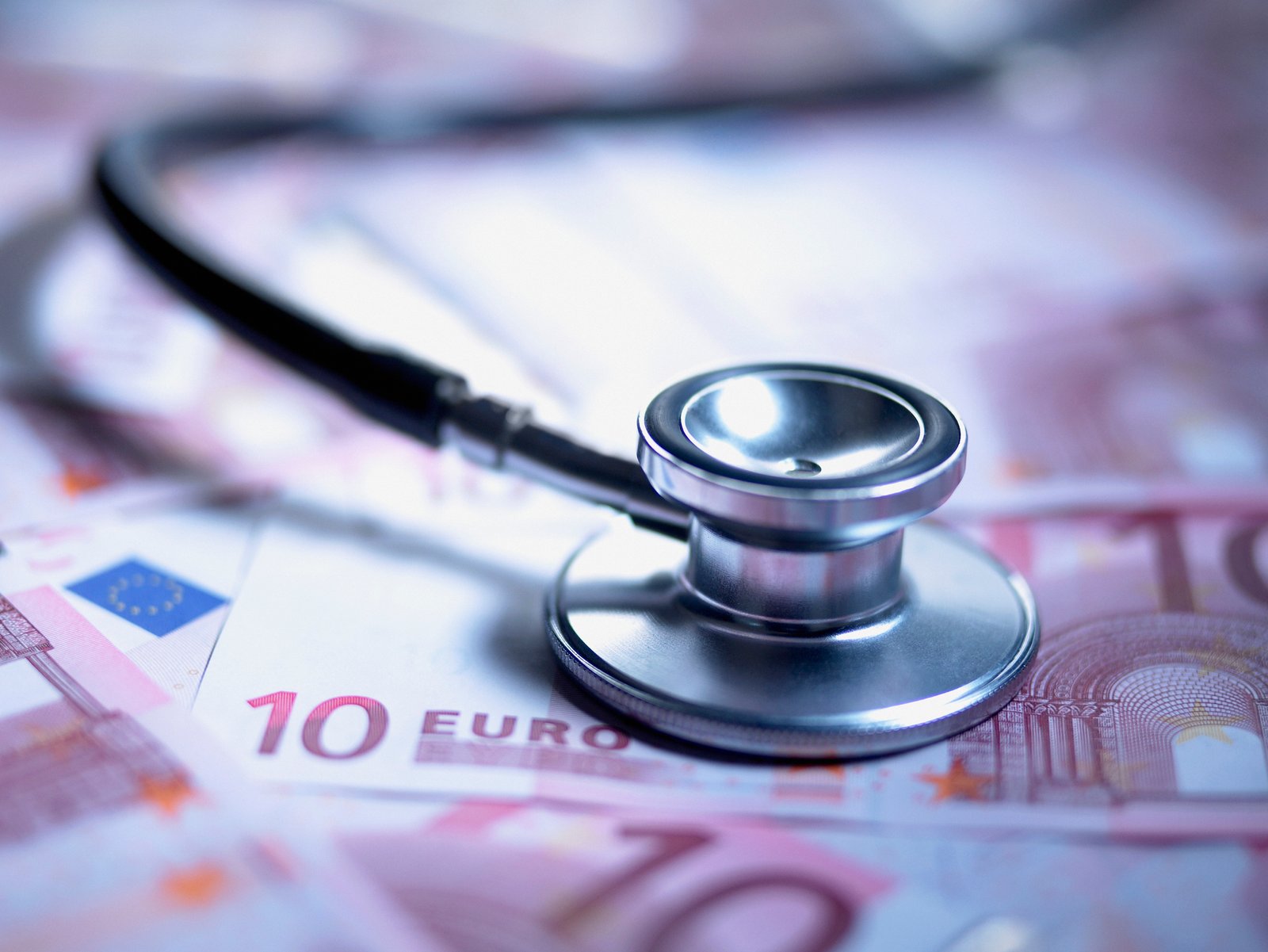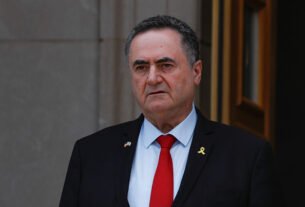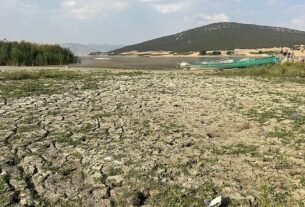Bulgaria’s national doctors’ union has accused the government of squandering EU healthcare funds. Nikolay Branzalov, President of the Bulgarian Medical Association (BMA), told Euractiv that a key project to open healthcare practices in small settlements is likely to fail due to its flawed design.
At the end of July, the Ministry of Health announced plans to finance the establishment of 100 healthcare practices in small towns and villages under the Recovery Plan, despite the government having earlier pledged to open at least 300. However, a shortage of medical personnel has forced the ministry to significantly scale back its ambitions.
The programme’s current budget amounts to €4.131 million, which means that the sum allocated per practice is only €41,000, intended mainly to cover health personnel salaries.
Separately, the Recovery and Resilience Facility is expected to finance the furnishing, medical equipment, and supplies, which could bring the total project value to more than €38 million.
Insufficient resources
Branzalov told Euractiv that the initiative will not deliver positive results, as the government intends to staff the new rural practices not with general practitioners, but with nurses and paramedics. He stressed that they cannot prescribe treatment or issue prescriptions, nor are they trained to operate the expensive medical equipment the government plans to purchase with EU funds.
“Small houses are planned to be built and specialised equipment to be bought. There is talk of equipping these practices with Holter monitors, ECG machines and defibrillators. These are devices that only doctors with a specialisation can use, and even then, additional training is required. Yet they are planning to buy them for nurses,” Branzalov said, noting his participation in the project discussions.
He said the entire government scheme is aimed at absorbing Recovery Plan funds rather than achieving a genuine improvement of healthcare in the Bulgarian rural settlements.
“They could have bought things essential for Bulgarian healthcare, such as ambulances or intensive care vehicles, instead of running donation campaigns to purchase second-hand ambulances for hospitals. We should not be collecting bottle caps to fund healthcare,” Branzalov commented.
Despite the criticism, the Ministry of Health appears determined to continue with the project, arguing that such practices could prove useful in remote areas with ageing populations who struggle to reach doctors in larger towns.
Incentivising GPs in rural areas
Data from Bulgaria’s National Health Map show that nearly 800,000 citizens from 3,891 settlements currently have no access to a general practitioner, in a country of 6.4 million people.
At present, one GP in Bulgaria serves 1,711 patients. The authorities aim to reduce this to 1,650 patients per doctor, which they consider the country’s minimum requirement. Most GPs are concentrated in economically active areas and university cities, while rural and remote regions suffer severe shortages.
In an attempt to reduce inequalities in access to healthcare, the National Health Insurance Fund has introduced financial incentives for GPs working in rural and remote regions. However, this measure has so far failed to solve the problem.
Only 34 healthcare practices have been opened in small settlements over the past two years.
Two years ago, Bulgaria scrapped its largest planned health investment under the Recovery and Resilience Facility – a €90 million Proton Centre for cancer treatment in Sofia – due to delays that made financing with EU funds impossible.
Salary demands
The rural healthcare initiative comes against the backdrop of heated parliamentary debates expected in September, following protests by medical staff demanding higher wages.
The two lowest-paid medical professions in Bulgaria are junior doctors without specialisation and nurses. They are calling for their base salaries to be set at 150% of the national average, or €1,900.
Currently, many junior doctors in hospitals, as well as nurses, earn less than €1,000, contributing to a critical shortage of healthcare staff in the EU’s poorest member state. Depending on the scenario, raising doctors’ salaries could increase public healthcare expenditure by as much as €1.1 billion.
(VA, BM)





